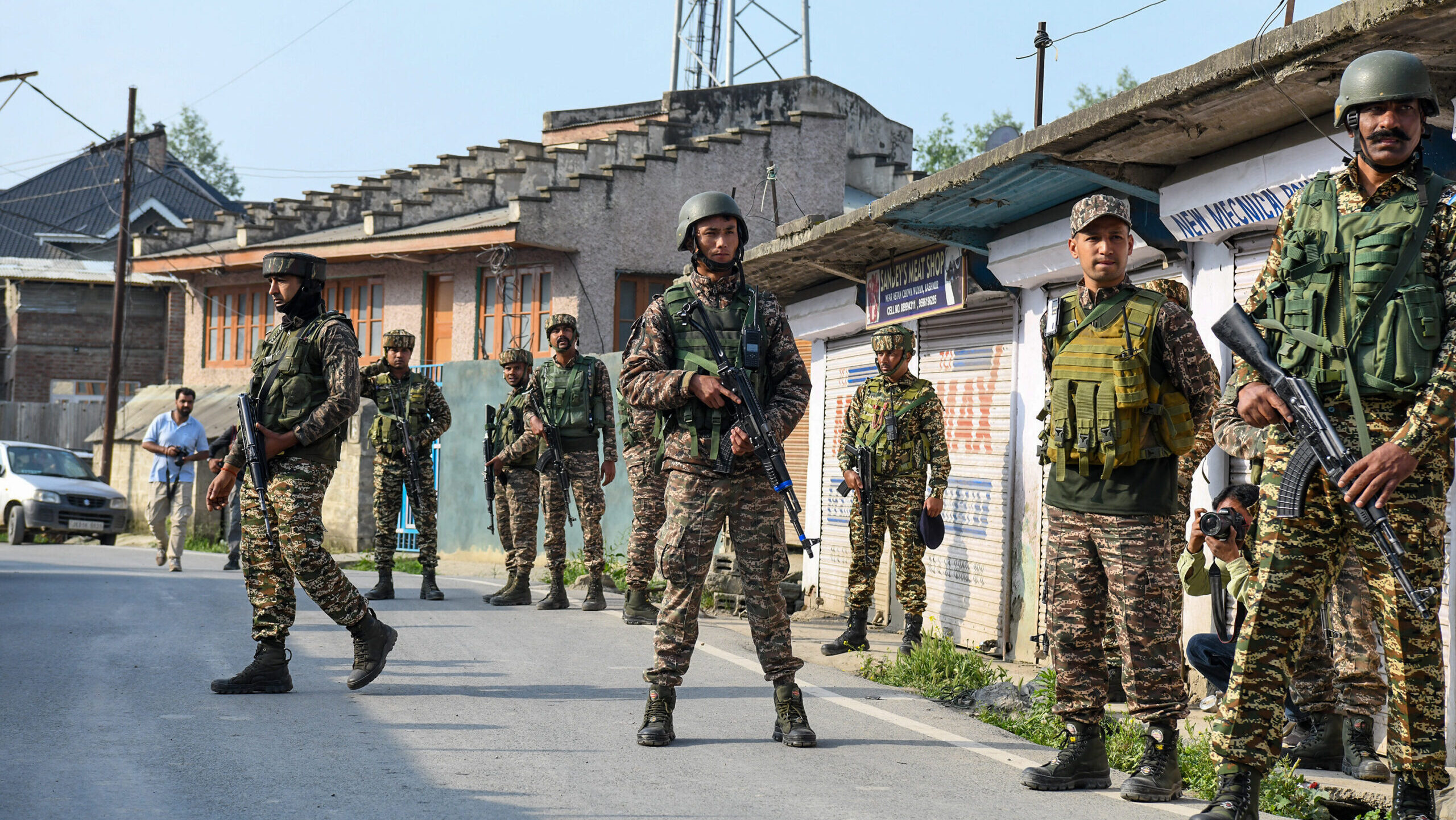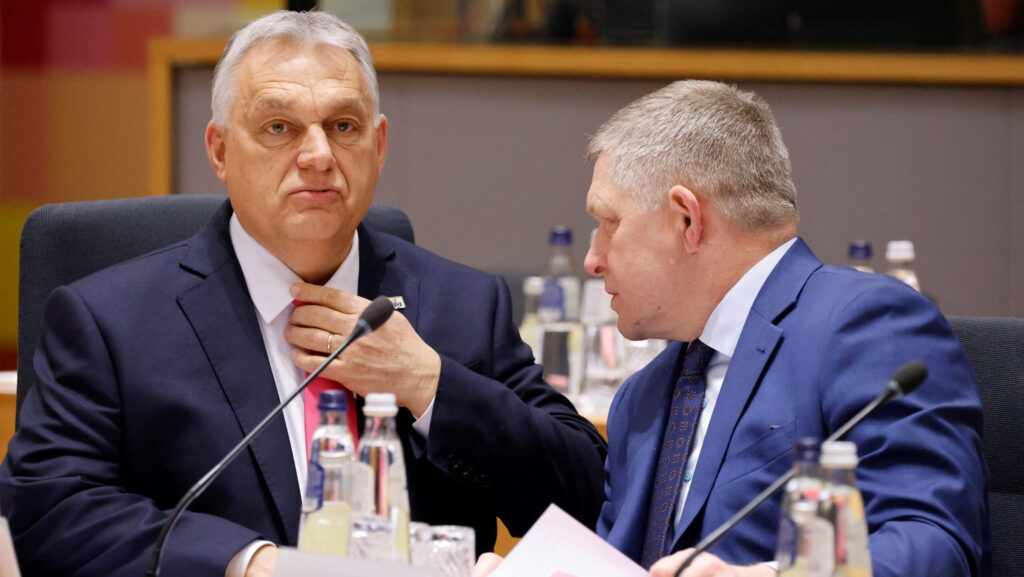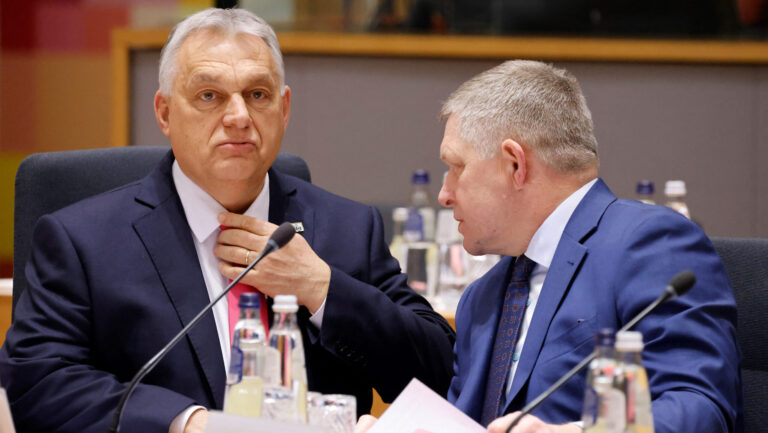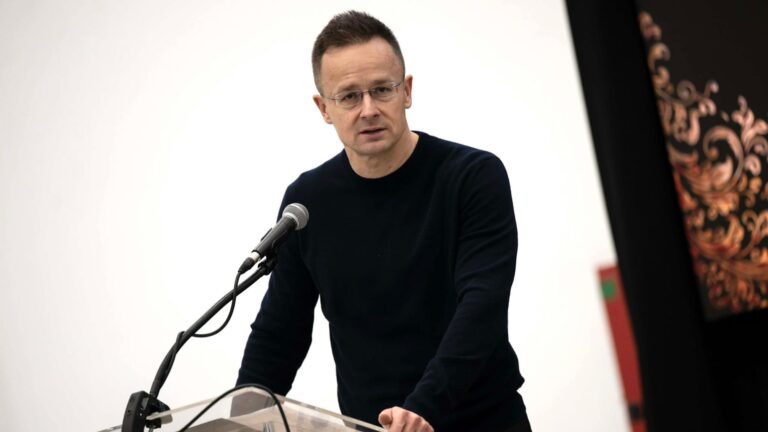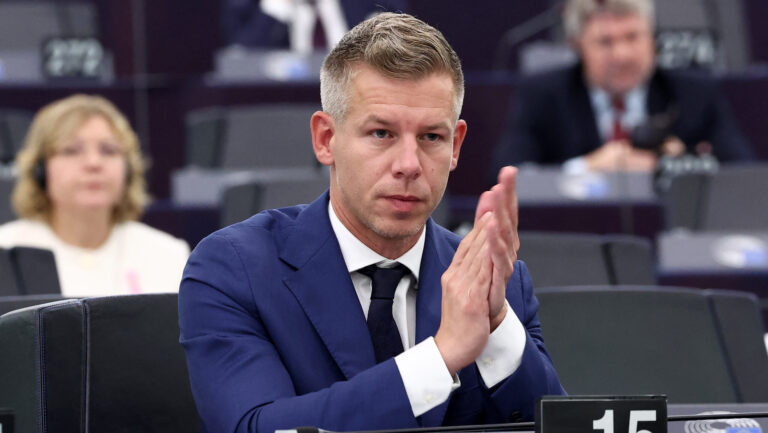India launched ‘Operation Sindoor’ on Wednesday night, striking targets in Pakistan and Pakistan-controlled areas of the disputed Kashmir region in what it described as retaliatory strikes for an Islamist terrorist attack that claimed 25 Hindu lives on 22 April. According to New Delhi, the Indian strikes targeted objectives associated with Jaish-e-Mohammed and Lashkar-e-Taiba, Pakistan-based terrorist organizations.
For the first time since the last full-scale war between the two countries more than half a century ago, the Indian strikes included targets in Punjab, Pakistan’s most populous province. ‘The targets we had set were destroyed with precision according to a well-planned strategy,’ India’s Defence Minister Rajnath Singh stated. ‘We have shown sensitivity by ensuring that no civilian population was affected in the slightest.’
However, Islamabad denied the Indian account, claiming that none of the six targeted sites were militant camps. A spokesperson for the Pakistani military said at least 26 civilians were killed and 46 injured. Pakistan vowed to retaliate, while India warned of a swift response in the event of any counterstrike.
Hindu-majority India and Muslim-majority Pakistan have fought two of their three wars since independence in 1947 over Kashmir, a region both nations claim in full but control in part.
‘Both countries possess nuclear weapons, making any escalation potentially catastrophic for the international community’
Both countries possess nuclear weapons, making any escalation potentially catastrophic for the international community. India, which has traditionally maintained a No First Use (NFU) nuclear doctrine, has recently signalled that it may reconsider the policy. Pakistan, which has never adopted NFU, continues to reserve the right to strike first. Both countries are estimated to have around 200 nuclear warheads—India approximately 172, and Pakistan around 170.
China urged both parties not to escalate tensions further following the Indian strikes.
US President Donald Trump called the hostilities ‘a shame’ and added: ‘I hope it ends quickly.’ The US State Department said Secretary of State Marco Rubio had spoken with the national security advisers of both nations, urging them ‘to keep lines of communication open and avoid escalation.’
Hungarian Minister of Foreign Affairs and Trade Péter Szijjártó stated earlier: ‘Hungary is interested in reconciliation and the peaceful settlement of disputes between India and Pakistan, because at the moment the last thing the world needs is an escalating conflict between the two countries.’
Related articles:

